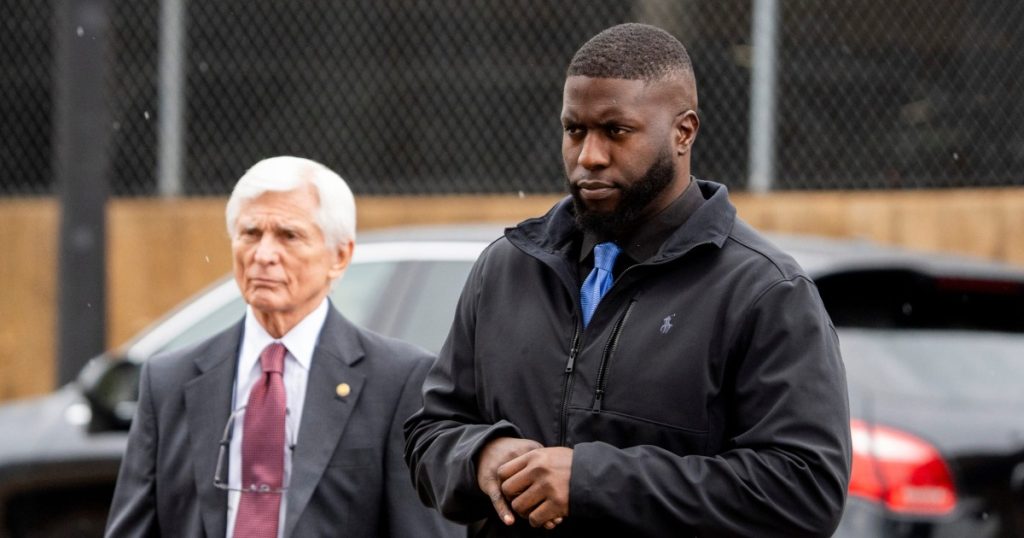Former Memphis police officer Emmitt Martin III testified in federal court that fellow officers violated protocol and used excessive force against Tyre Nichols during a traffic stop on January 7, 2023. Martin stated that Nichols did not pose a threat and that officers downplayed their actions during the encounter, which ultimately led to Nichols’ brutal beating and subsequent death. Despite there being no warrants out for Nichols’ arrest and him not being a violent offender, Martin called for a felony stop, which violated protocol by pursuing a nonviolent offender.
Former officers Tadarrius Bean, Demetrius Haley, and Justin Smith have pleaded not guilty to charges of depriving Nichols of his rights through excessive force and failure to intervene, as well as obstructing justice through witness tampering. Martin, the first former officer to testify at their trial, along with Desmond Mills Jr., have pleaded guilty to the federal charges. All five officers were fired for violating Memphis Police Department policies and were part of the crime suppression unit called Scorpion, which was disbanded after Nichols’ death.
Martin revealed that he was angry on the night of the incident because he had not yet made an arrest, and when he saw Nichols driving over the speed limit and changing lanes without signaling, he exaggerated Nichols’ actions to escalate the situation. He admitted to feeling nervous and wanting revenge during his first week back on the job after being struck by a car. Martin testified that Officer Haley brandished a gun and ordered Nichols out of his car, and when Nichols did not comply, Martin pulled out his gun before Haley forcibly removed Nichols from the vehicle.
Nichols, who was Black, died in the hospital three days after the encounter, where he was kicked, punched, and hit with a police baton. Video evidence showed Nichols being beaten with batons, pepper sprayed, and kicked in the face while calling for his mother not far from his home. The officers’ actions led to Nichols’ death, sparking outrage and renewed calls for police reform and charges against the individuals involved. An autopsy report confirmed that Nichols’ death was a homicide, resulting from blows to the head that caused brain injuries, cuts, and bruises.
The testimonies of Martin and other officers involved shed light on the excessive force used during the traffic stop, as well as the disregard for protocol and the safety of a nonviolent offender. The brutal beating and subsequent death of Tyre Nichols served as a tragic reminder of the need for law enforcement accountability and reform. The incident reignited discussions about police violence and the importance of holding officers accountable for their actions. The indictment and trial of the officers involved in Nichols’ death highlight the consequences of using excessive force and violating police protocols. The case serves as a stark example of the need for systemic change within law enforcement agencies to prevent similar tragedies from occurring in the future.


